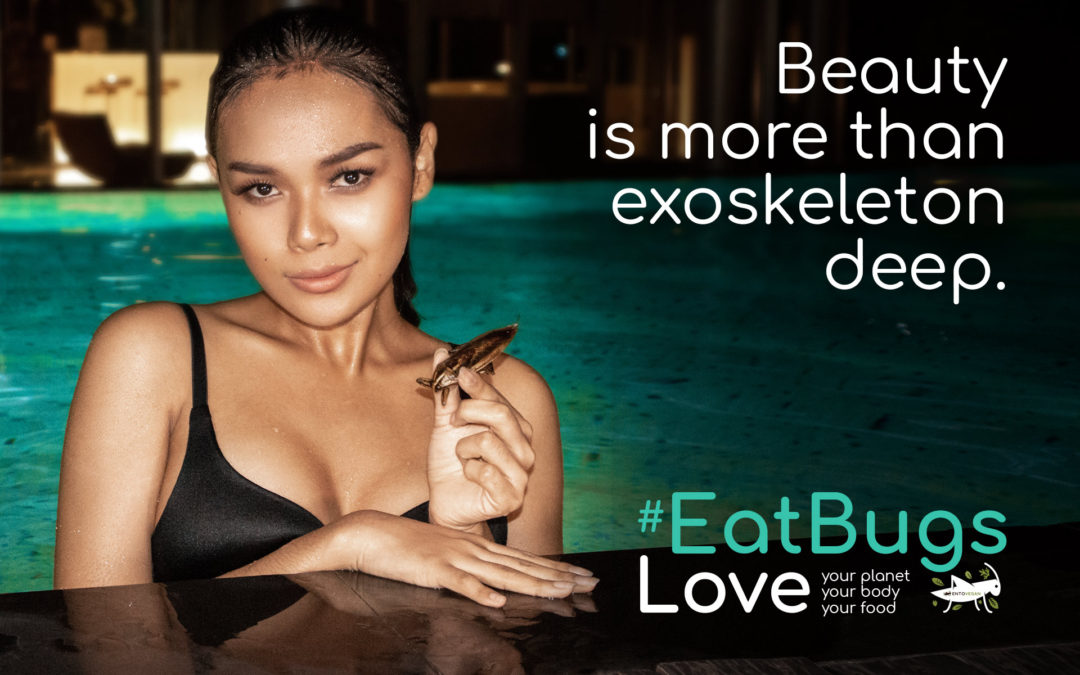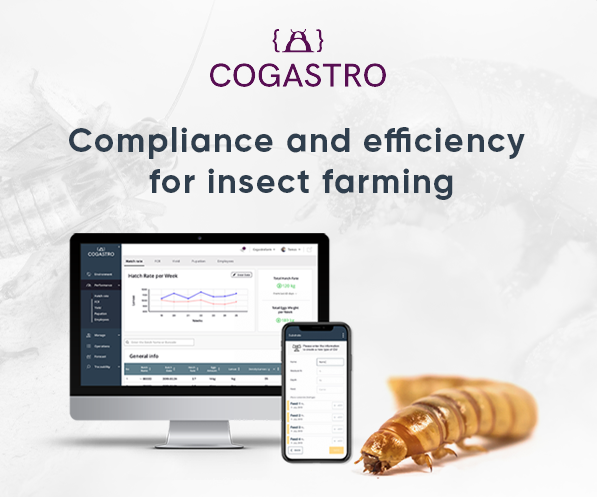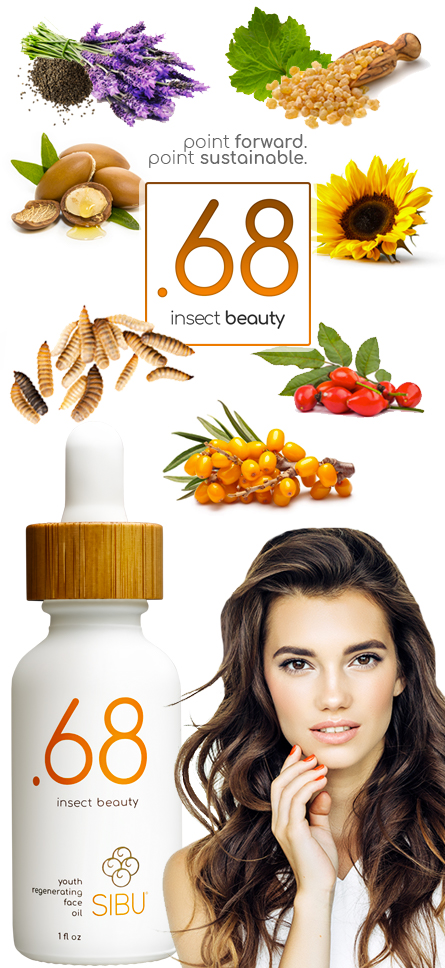Insects are healthy, sustainable, and really delicious – but they’ve got an awful reputation in the west because of preconceived cultural biases (and it’s likely Christopher Columbus played a role in that).
But look at them with an open mind. First, just see the fascinating beauty that is really there. Millions of different species, with varying habits, and color combinations, and life cycles.
Did you know that there are more than 4,500 types of cockroach? You probably didn’t want to know that. But you should. Now you do. Thank me later.
Of that multitude of roaches, only 4 of them are known to be pests. Some cockroaches are jaw-droppingly gorgeous. Look at that picture – wow!
Sure, others aren’t so hot to look at, especially in your silverware drawer, but even the ugly ones are likely to be completely misunderstood despite the value that’s under the hood, just because of their species.
And yet, between those leathery wings and speedy little feet, cockroaches are packed with nutrition which can be beneficial for humans and for livestock. They can be farmed in an eco-friendly manner, they use very little water or feed, and the result is essentially a superfood.
Hating on them, intent on their destruction, would never have led to those discoveries. It took scientists who cared, who dared to set aside baseless opinions to look deeper, to get to the core of what was inside.
Now, we’re not here to sell you on eating cockroaches. That’ll come with time – start with the gateway bugs like crickets or mealworms, then work your way up to the harder stuff.
We do however want to make the point that social norms weren’t always what they are, and they don’t have to stay the way they are forever!
In western countries – you know, the ones that claim to be most progressive – the cultural stigmas regarding food run deep and come from survival needs literally hundreds of years ago. Crops had to be protected, and bugs were a threat, so generation after generation the only line of thinking was ‘how to kill the insects’.
Only in rare times of starvation did people ‘debase’ themselves and actually eat those insects, but survivors never looked back at those lean times later with gratitude or a desire to understand the nutritional elements which helped them make it through.
Today, science and technology have given us a world literally unfathomable even 3 generations previous. They’ve also begun to reveal an immense world of possibilities with sustainable insect nutrition – for animal feed, for human food, for waste disposal, and more.
Most forward-thinking people say they want a better world. You’re probably one of them. Will you set aside the ideological baggage that was instilled in you while growing up, and take a closer look at insects with an open mind?
See them for their diversity, for their mystery, for their astounding ability to ensure the continuation of their species. See them for what they really are – amazing creatures – and then what they can be: powerful solutions for many of earth’s problems.
Far too many people have a knee-jerk reaction to the idea of eating insects. Don’t be one of them. The world we live in today is not the world of our ancestors. We have evolved in so many ways over the past centuries, but this silly old taboo about eating bugs persists.
Today, we have scientific-based understanding of health and nutrition. We have technological innovation and the ability to literally build a better planet from the ground up. We have an opportunity to stem the tide of climate destruction, and to do it in an enjoyable way.
The future doesn’t need to be a dystopian nightmare, where maggots frothing in chemical sludge are the only source of sustenance. The might play well in the movies, but this is real life. And in reality, insects are naturally a delicious superfood which are environmentally sustainable to farm.
You want a more beautiful world? Start seeing opportunity beyond cultural stigma.
Learn to love insects for the natural wonders they are, first, and you’re liable to gain a whole new appreciation for a unique ecosystem that continually surrounds us, but is typically scorned and overlooked.
And once you’ve gained that appreciation, you’ll have a much deeper understanding of the power those bugs hold within.
Love your planet.
Love your body.
Love your food.
#EatBugs

Model: Tonkhaw Watchara
Insect: Giant Water Bug
Photographer: Josh Galt
Location: Thailand
If you like these images, feel free to share and use them! All we ask is that you don’t edit or manipulate the pictures or text in any way. If you’d like to tag us, we’re @entovegan across instagram / facebook / twitter. Large size prints are also available on request.





